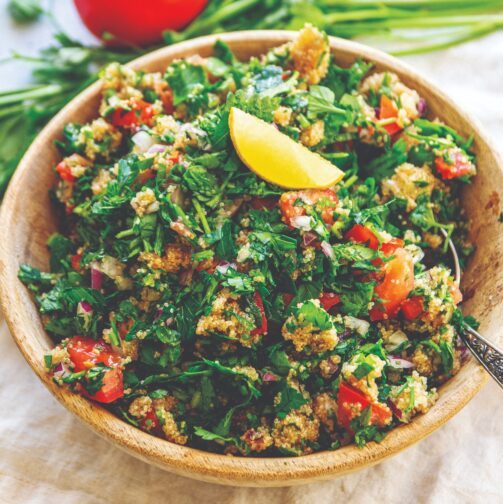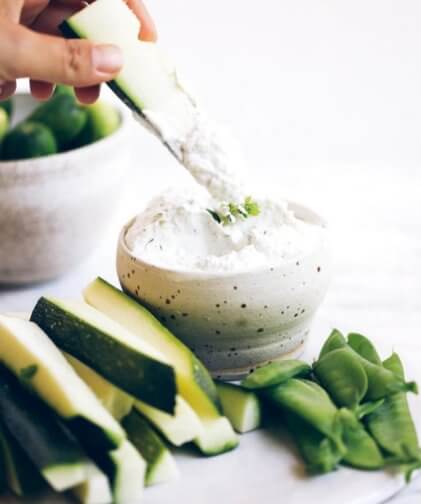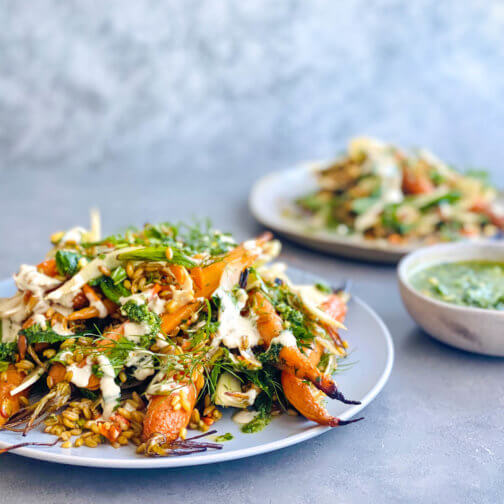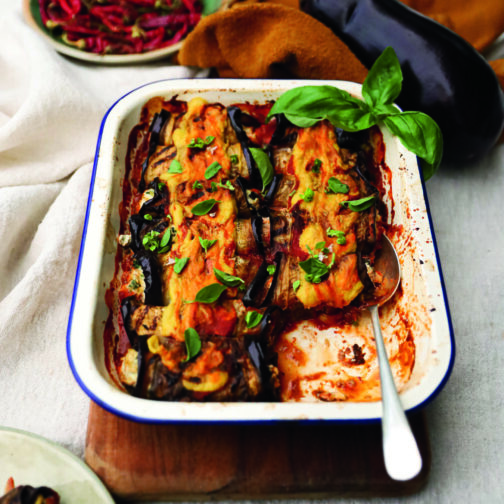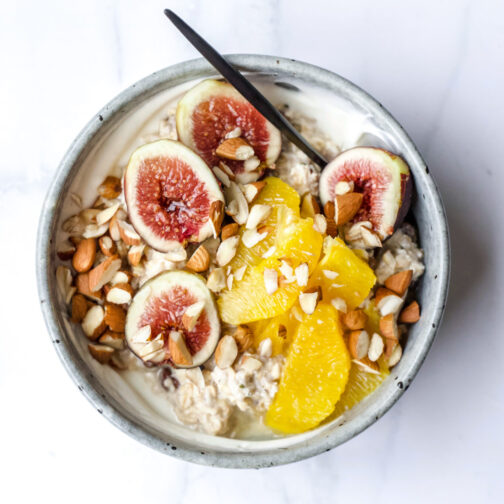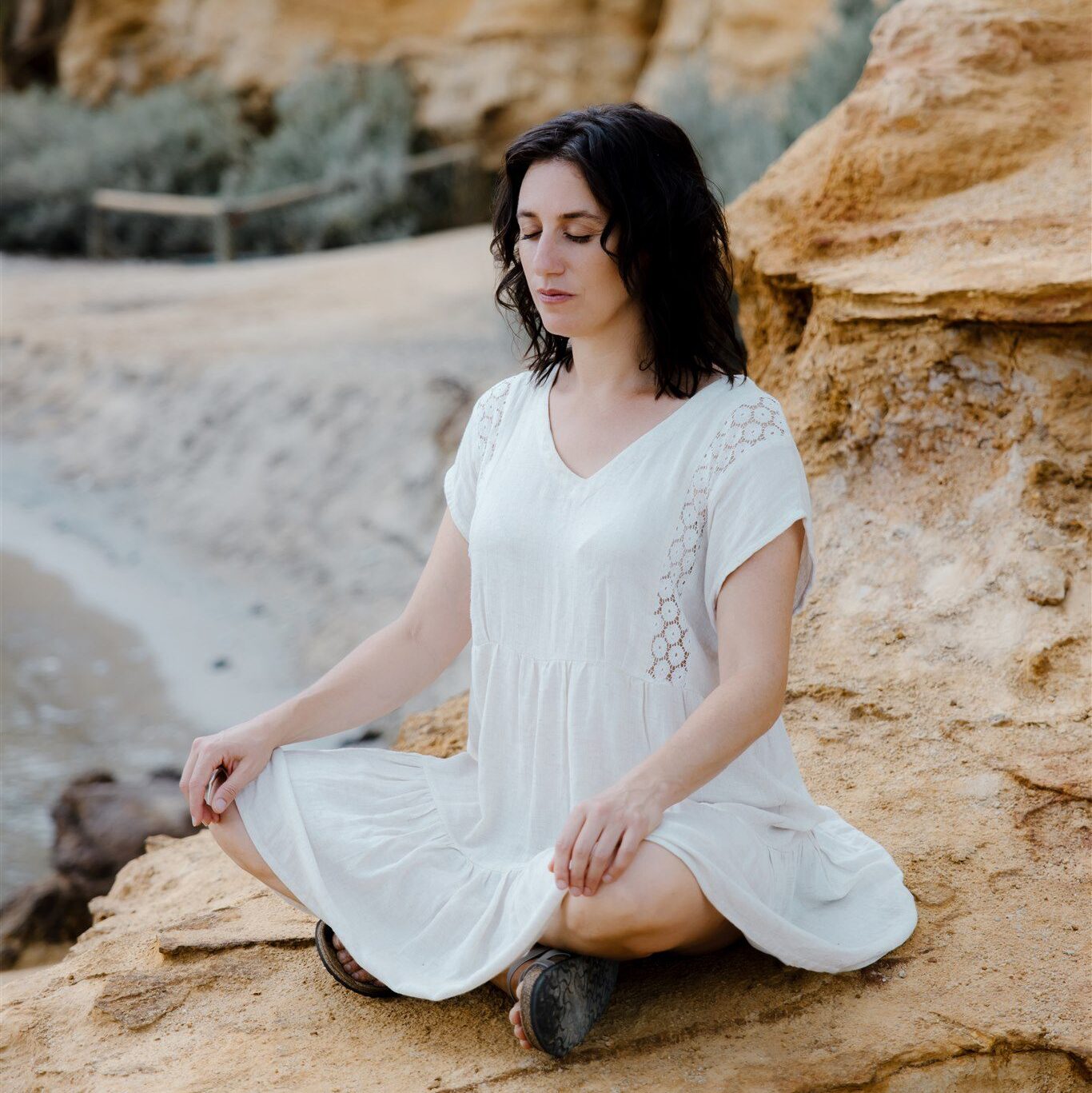
If 2022 is feeling like another challenging year to you, you’re not alone. Dr Elise Bialylew is a doctor trained in psychiatry turned globally recognised mindfulness meditation teacher. Here she shares how meditation can help us navigate through troubled times.
Just as we are emerging from the acute stress of the last two years of living through a pandemic, we are witnessing a terrifying and traumatic war going on in Ukraine. Many of us have been feeling disturbed and helpless in the face of this horrific situation. The more you read, the more it unsettles. Having direct access to personal stories through social media has made this war particularly real and horrifyingly accessible.
At such difficult times, we need to have inner tools to keep us grounded and build our resilience so we can stay engaged with the world, and not turn away.
Empathic distress and the risk of overwhelm
As a mindfulness meditation advocate and teacher, I’ve been thinking a lot about how we can be present and witness these global tragedies without being overwhelmed or traumatised ourselves. Tania Singer, an empathy and compassion researcher and previous guest teacher for my annual Mindful in May online challenge, has discovered some fascinating and useful findings.
We learn from Tania’s work that empathy – the emotional experience of feeling another person’s pain when we witness them struggling – actually activates the pain centres in our own brain, engendering the phenomenon of ‘empathic distress’. It explains how many of us can feel exhausted or drained by upsetting news stories, or more generally when experiencing the stress and suffering of others.
When we share the suffering of others too much, our negative emotions increase, which carries the danger of an emotional overwhelm or burnout.
Compassion in action
Research has shown that to help us steer clear of empathic distress we need to turn on compassion. While empathy activates our pain pathways leading to burnout, compassion activates our caretaking pathways, supporting greater resilience and capacity. It’s so helpful knowing this neuroscience and having these science backed ways to protect ourselves and activate compassion rather than fall into unhelpful distress.
There have been many studies showing the protective value of compassion and loving kindness practices. One study from the Max Planck Institute showed that after one day of loving kindness and compassion practice, participants were better able to cope with watching distressing images on TV than they did before the training – and they coped better than a control group that did not receive the compassion training.
Loving kindness meditation has also been shown to increase activation in areas of the brain associated with positive emotions like love, hope, connection, and reward.
The power of meditation
Meditation builds our resilience through developing our self awareness and attuning to what we need from moment to moment. This is a key skill in reducing the risks of burnout, which often happens because we fail to notice our mind and body’s warning signs.
There are many different types of meditation. Loving kindness meditation has often been described as a practice that gives us some immunity from states of fear and overwhelm – you can’t feel fear and love at the same time. So generating loving kindness on a regular basis can help us balance out some of the difficult feelings we may be having as we witness trauma and violence in the world.
Recently I hosted a free guided group loving kindness meditation for Ukraine, and we had unprecedented numbers of people show up. Many of us are feeling the distress of our times.
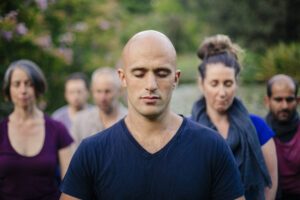
Establishing a practice together
With the major stressors affecting us in 2022, I believe Mindful in May is more relevant than ever. Through this low-cost month long program, we are helping thousands of people around the world develop a meditation practice for life. It’s a toolkit that we can all benefit from – not only for our personal wellbeing, but as a pathway to a better world.
Renowned Buddhist monk Matthieu Ricard is among the experts on the program this year. As he famously said, “Meditation is not just blissing out under a mango tree. It changes your brain and therefore changes what and who you are.”
***



